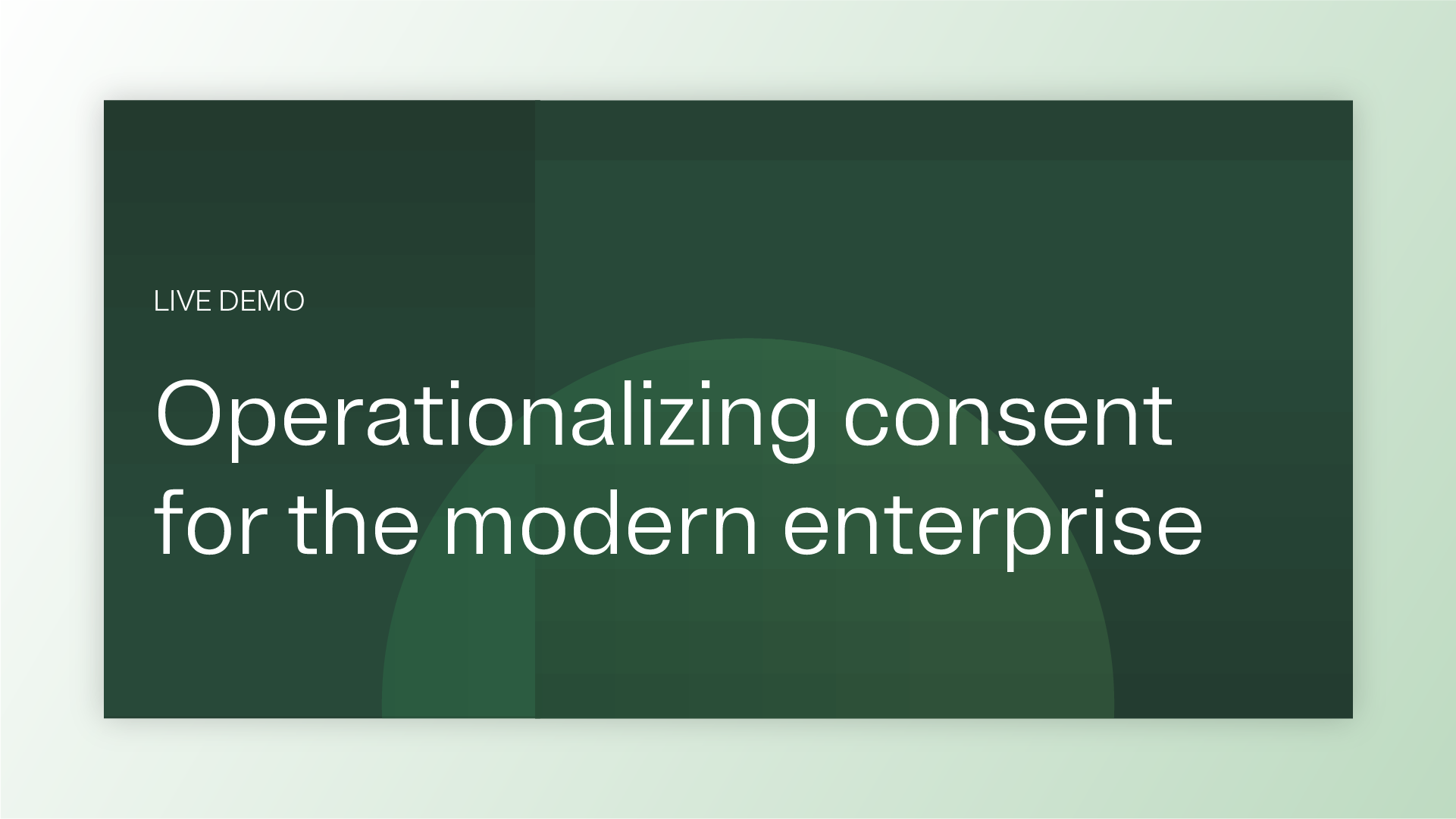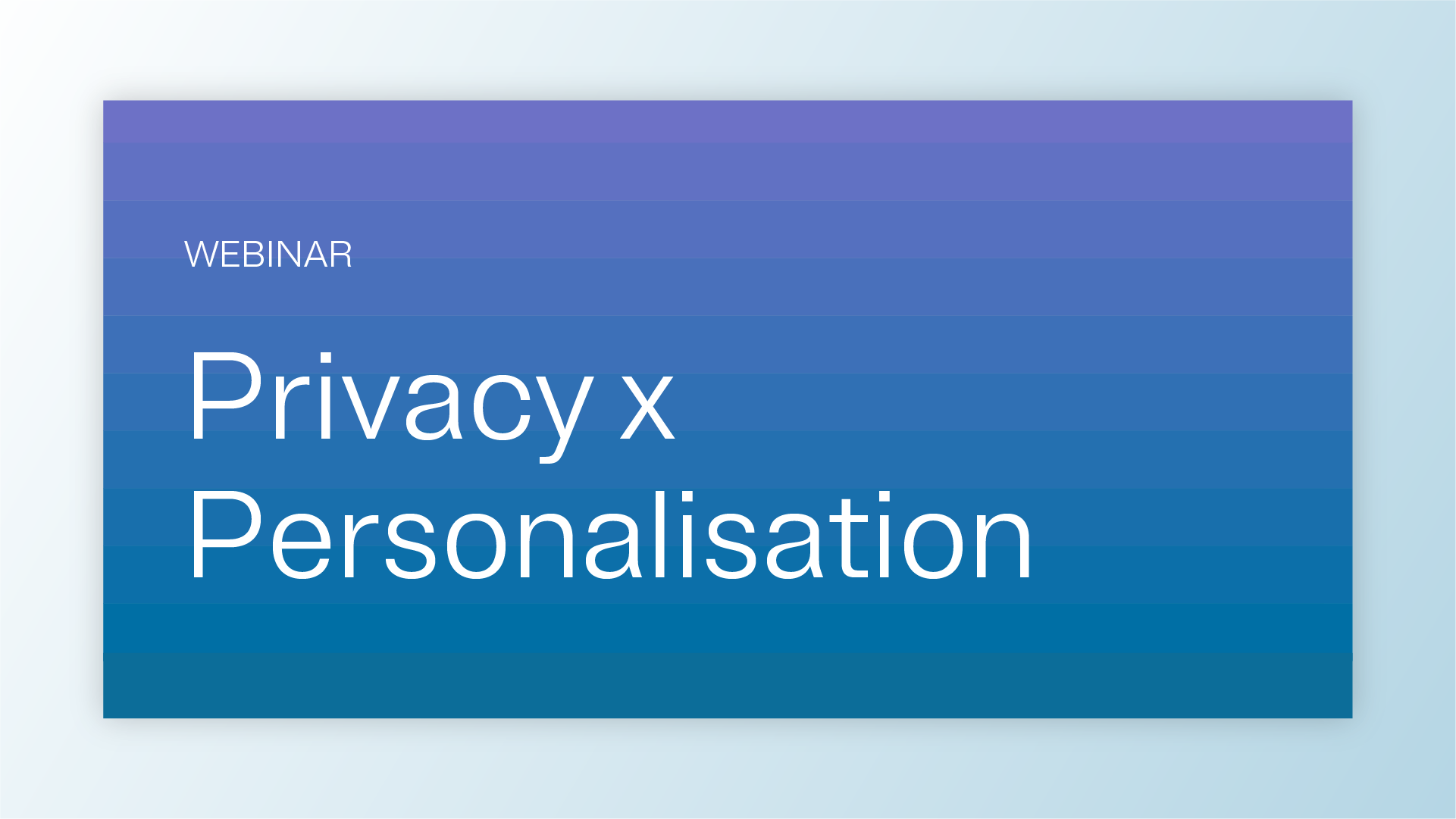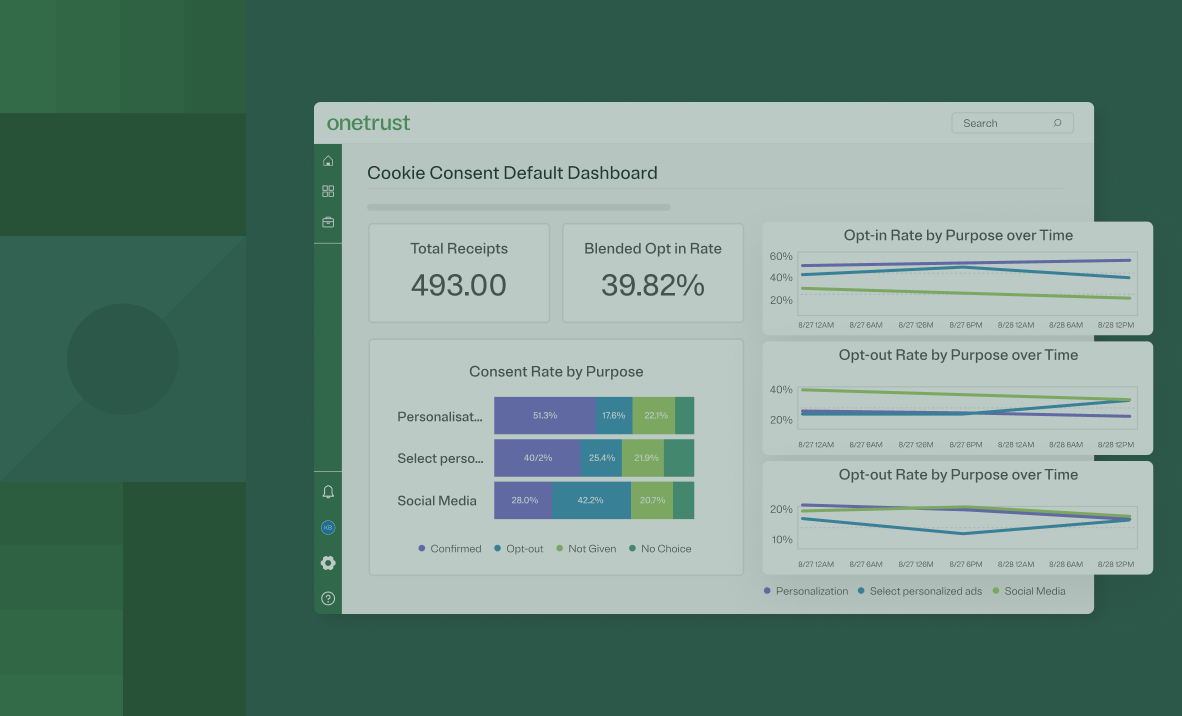Current status of third-party cookie deprecation
Google's recent updates highlight a shift in their approach to privacy-safe solutions and third-party cookies.
While initially committed to a definitive timeline, it now looks like third-party cookies won’t be fully deprecated – but customers will have a choice to accept or reject them globally through their browser preferences.
The Privacy Sandbox initiative
Goals and objectives
The Privacy Sandbox aims to enhance web privacy standards while maintaining the viability of online advertising. By developing a suite of privacy-preserving APIs, Google seeks to reduce cross-site tracking without compromising the effectiveness of digital advertising.
Key components
- Topics API: This focuses on assigning users to topics of interest based on recent browsing history, further limiting the potential for cross-site tracking.
- Protected Audiences: A proposal for remarketing and custom audience targeting that operates within the browser, ensuring user data does not leave the device.
Implications for advertisers and publishers
Short-term impact
Advertisers and publishers must navigate a transitional period where third-party cookies continue to exist alongside emerging Privacy Sandbox technologies. This means organizations need to have data workflows in place for customers that currently use third-party cookies and those that will opt out of their use.
Long-term strategies
In the long term, the industry must prepare for an eventual shift away from third-party cookies as the option for customers to move away from tracking technologies becomes more commonplace. Key strategies include:
- Investing in first-party data: Building robust first-party data strategies to mitigate reliance on third-party cookies.
- Adopting privacy-sandbox APIs: Experimenting with and integrating Privacy Sandbox APIs to stay ahead of the curve in privacy-compliant advertising.
- Collaborating on standards: Engaging with industry groups and standards organizations to shape the future of privacy and advertising technologies.
What does this mean for the future?
Google's evolving approach to managing third-party cookies underscores the complexity of balancing privacy and advertising efficacy. While the immediate future remains uncertain, the continued development of Privacy Sandbox APIs and industry collaboration will be crucial in shaping a privacy-centric digital advertising ecosystem.
Advertisers and publishers must stay informed and adaptable to navigate these changes effectively. OneTrust stands ready to support businesses in this transition, providing the tools and expertise needed to thrive in a privacy-first world.
How can OneTrust help?
OneTrust is uniquely positioned to assist organizations in navigating the complexities of Google's Privacy Sandbox and navigating through third-party cookie uncertainty and fragmentation. By leveraging OneTrust privacy and marketing compliance solutions, businesses can ensure they remain compliant and effective in their advertising strategies.
The OneTrust Consent and Preference Management solution offers robust tools that help organizations manage user consent and preferences effectively. This solution enables businesses to:
- Collect and manage consent: Gather user consent seamlessly across all digital channels, ensuring compliance with global privacy regulations.
- Provide granular control: Allow users to specify their preferences in a detailed and user-friendly manner, enhancing transparency and trust.
- Maintain compliance: Stay up –to date with evolving privacy laws and regulations through automated updates and customizable workflows.
- Integrate with privacy sandbox: Seamlessly integrate with Privacy Sandbox APIs, ensuring a smooth transition from third-party cookies to privacy-preserving technologies.
To learn more about how OneTrust Consent & Preference Management can help your organization, download our infographic today.































